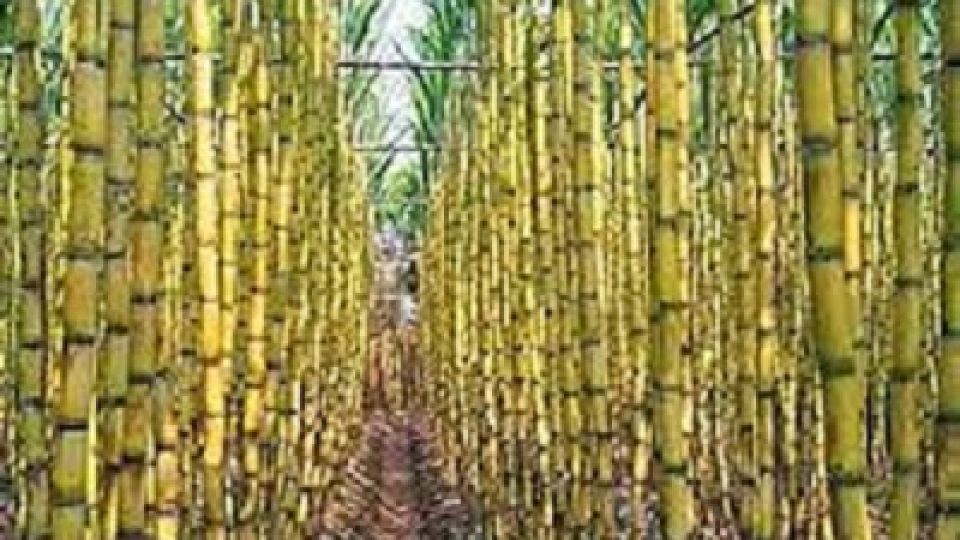from OKORO CHINEDU in Lagos, Nigeria
Nigeria Bureau
LAGOS, (CAJ News) – DESPITE investments worth US$3 billion within the last ten years, Nigeria has failed to reach its target of self-sufficiency in sugar production.
Sugar imports continue, at the expense of much-needed foreign currency.
This week, media reported the Nigeria Sugar Master Plan (NSMP) had secured the above-mentioned investments.
The NSMP was approved in 2012 and had a ten-year runway to achieve the core objective of helping Nigeria achieve self-sufficiency in sugar.
“However, a decade later, the target has not been achieved,” noted FBN Quest Nigeria, the market watcher.
It noted that in 2022, Nigeria’s Federal Executive Council (FEC) extended the implementation phase of the master plan by another ten years, from 2023 to 2033.
NSMP has nonetheless compelled indigenous companies to significantly raise investments in backward integration programs (BIPs) in sugar plantation farming and processing.
BUA Foods, Dangote Sugar and Flour Mills of Nigeria (FMN) have made the biggest investments.
Combined, they have disclosed investments of over $1 billion over the last decade.
Figures by the United States Department of Agriculture (USDA) indicate Nigeria’s total sugar imports in 2021 were around 1,9 tonnes, or approximately 24 percent of total sugar imports into sub-Saharan Africa.
The West African country also ranked the ninth largest sugar importer in the world.
This is attributed to the strong demand for sugar compared with its local production capacity.
Over the last decade, Nigeria’s sugar consumption rose at an average annual rate of 5 percent.
This is ahead of the nation’s annual population growth rate of 3 percent.
Sugar consumption is higher in northern Nigeria. The region accounts to close to 65 percent of total retail consumption.
Nonetheless, according to the Food and Agricultural Organisation (FAO), sugar consumption in Nigeria is still low, at a per capita at 8kg.
Morocco (37,4kg), Tunisia (34,3kg), South Africa (30,6kg), Algeria (27,6kg), and Egypt (25,4kg) are the continent’s biggest consumers.
Data from the National Bureau of Statistics indicates that in 2021 raw sugar imports into Nigeria cost around N425,56 billion ($990 million).
FBN Quest forecast an increased focus on monitoring milestones of BIPs.
“We, therefore, believe sugar production from BIPs would be more significant compared with the past decade,” it stated.
“Although it is difficult to determine at this time, we do not anticipate a pivoting of political support from successive governments.”
Nigeria goes for general elections in February 2023.
– CAJ News

